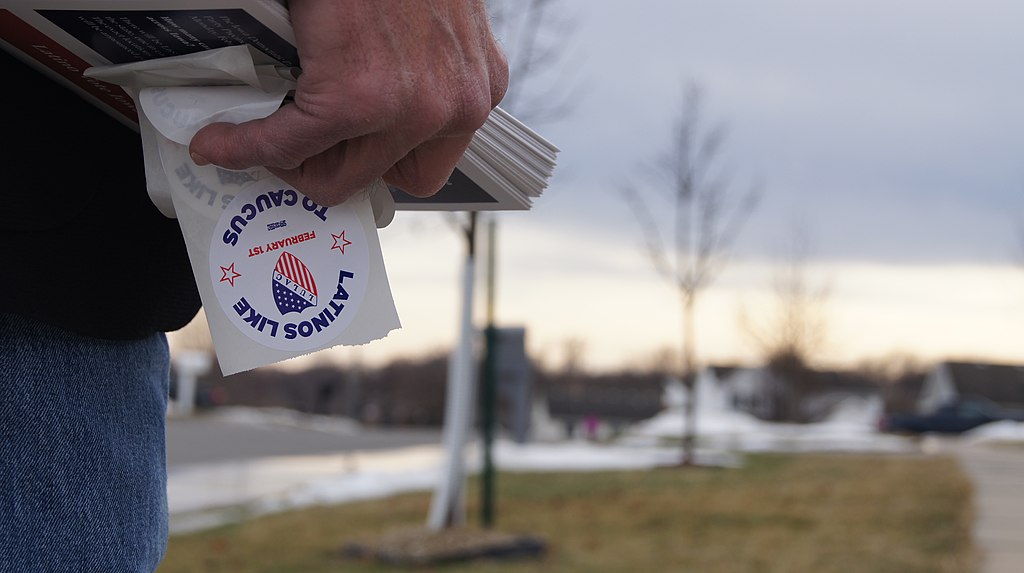The oldest and largest Hispanic/Latino civil rights organization in the country, the League of United Latin American Citizens (LULAC), has announced its support for the State of Puerto Rico, breathing new life into the sovereignty debate of the most populous US territory.
A
letter from LULAC to all members of the US House of Representatives, dated July 23, 2013 asked for support for the bill to commit the federal government to act on the statehood of Puerto Rico if the islanders again voted for its sovereignty.
Now, a year after being reintroduced in both legislative houses, Puerto Rico's self-determination bill is in danger of not being passed in the current Congress, according to the
publication of Latino Rebels.
“Introduced by Rep. Nydia M. Velázquez (D-NY) on March 18, 2021, the current Puerto Rico Self-Determination Act now has 76 cosponsors in the House, including Rep. Alexandria Ocasio-Cortez (D-NY) and the other members of the progressive “Squad,” plus Reps. Joaquin Castro (D-TX), Ro Khanna (D-CA), Adriano Espaillat (D-NY), Chuy García (D-IL) and others. The Senate version of the bill, introduced by Sen. Bob Menendez (D-NJ) on the same day, now has nine cosponsors, including Sens. Bernie Sanders (I-VT), Cory Booker (D-NJ), and Elizabeth Warren (D-MA)”.
The current project includes “the proposal of a multiple-choice plebiscite in which one can opt for the State (independence, free association, or any other option than the current territorial arrangement)”, or for the recommendation Ranked-Choice Voting (RCV), an electoral system in which voters rank candidates by preference on their ballot papers, with the candidate who obtains an absolute majority of votes winning.
“The issue of Puerto Rico's political status is increasingly seen as a civil rights issue, as more than 3 million U.S. citizens are afforded partial political rights because they reside in a territory. That civil rights perspective has come into sharper focus in the wake of the island's latest status referendum, when a majority of voters chose statehood”, according to
The Hill publication.
The outpouring of support from leading Latino voices in the United States comes as Hispanic communities grapple with issues of demographic growth, representation, and unity. In understanding the critical moment, Sindy Benavides, CEO of LULAC, stated: “We see continuously how our Puerto Rican community is treated as second class citizens — the fact that there are over 235,000 men and women who have served honorably in the military, who have lost their lives, and yet they cannot vote for the president of the United States, it's a double standard”.
In the latest referendum, Puerto Ricans voted on a yes/no question about statehood, with 52% of voters choosing statehood. So far, there have been three in total since 2012, and the choice has always been the same, however, opponents say the referendum was not binding.
“The status debate has been at the core of Puerto Rican politics since at least the 1950s, when the territory's current constitution was adopted and the foundations were laid for a two-party system, with a centrist party that supported statehood and a left-leaning party that favored maintaining the island's territorial status. A third option, independence, was favored by a vocal minority that's still active today”.
Benavides said that LULAC's decision to enter the debate came from its own Puerto Rican affiliates who, from the Puerto Rico LULAC committee, presented the resolution, which had the full support of the organization in the US, according to the publication.
Still, inside and outside the island there are opponents of the state, even among groups of Latinos considered progressive.
According to Latino Rebels, “the partisan disposition of a future Puerto Rican state is contentious. Also contentious is the will of the Puerto Rican people themselves on the issue of statehood. The current governor, Pedro Pierluisi, is the head of the island’s statehood party and a Democrat. González, the island’s resident commissioner, is a Republican”.
“The United States has never admitted a state under circumstances where the issue was controversial in that territory,” Sen. Wicker told Latino Rebels. “We’ve never done that. There’s always been overwhelming consensus that this is the direction we need to move. I don’t see that happening and I’ve watched this for years”.
Look the review of the week for a more in-depth discussion.
 commons.wikimedia.org
commons.wikimedia.org











